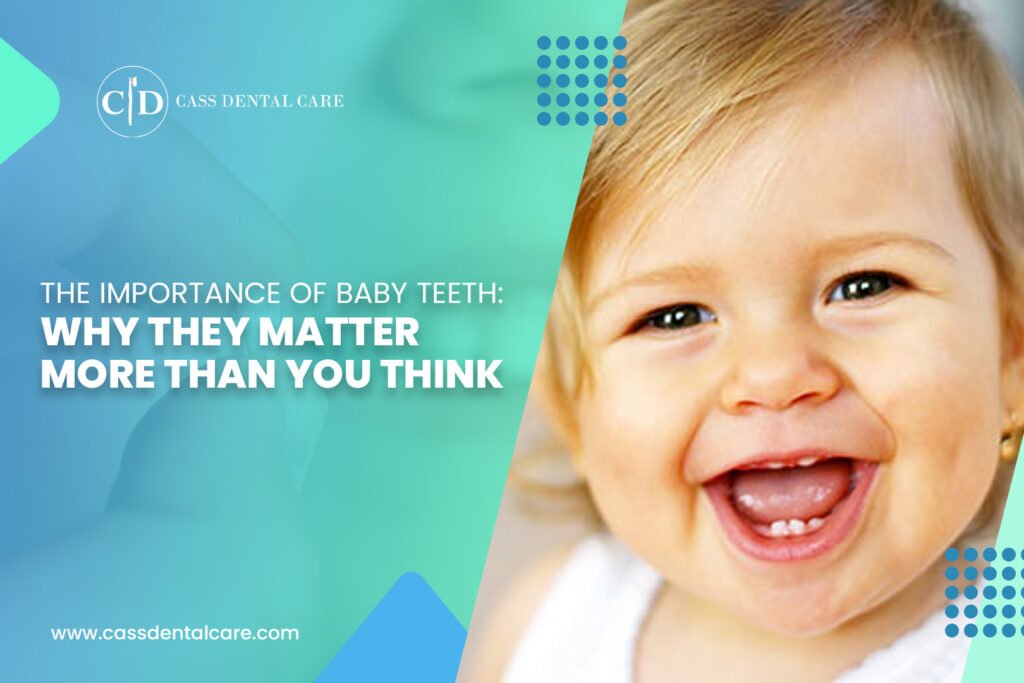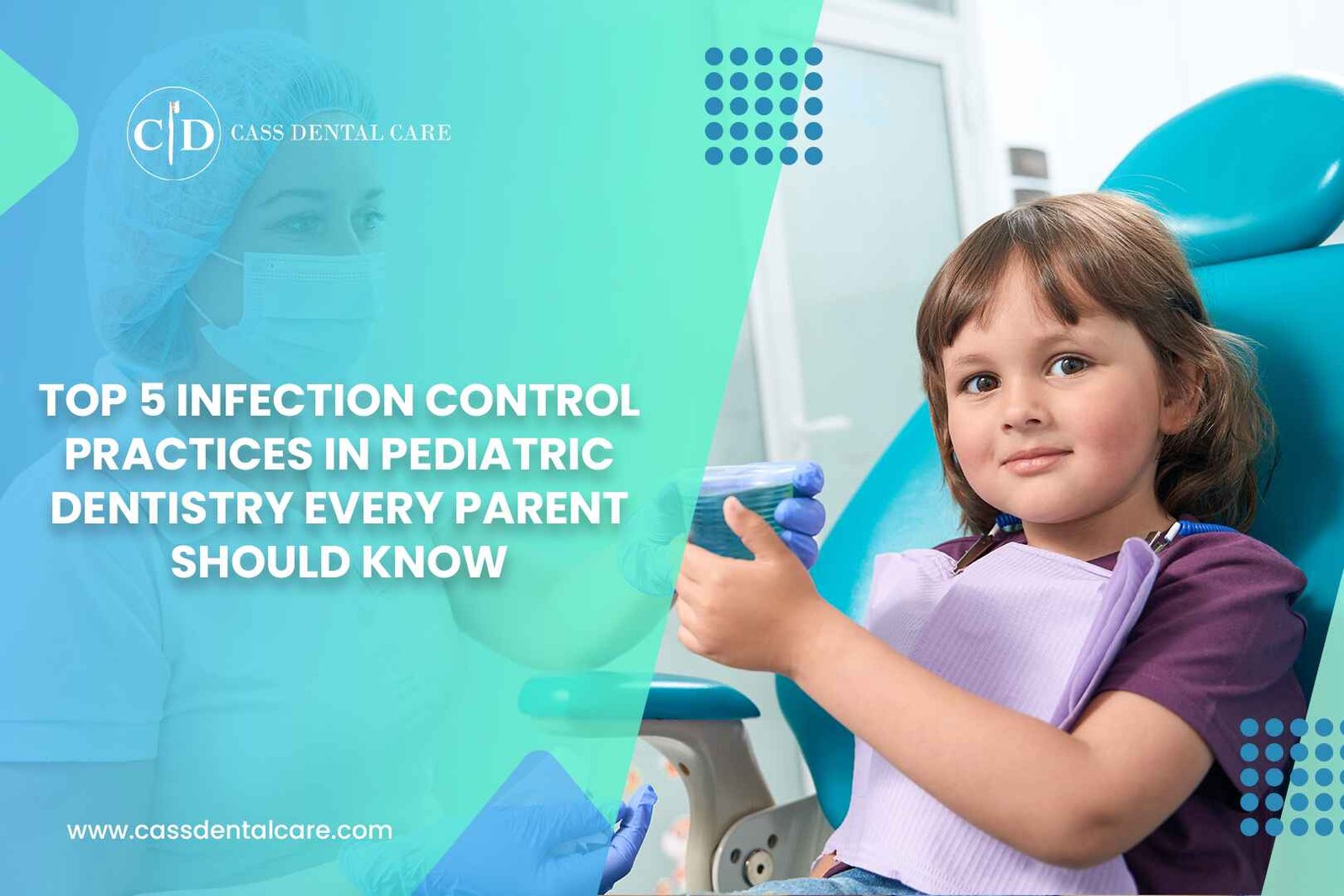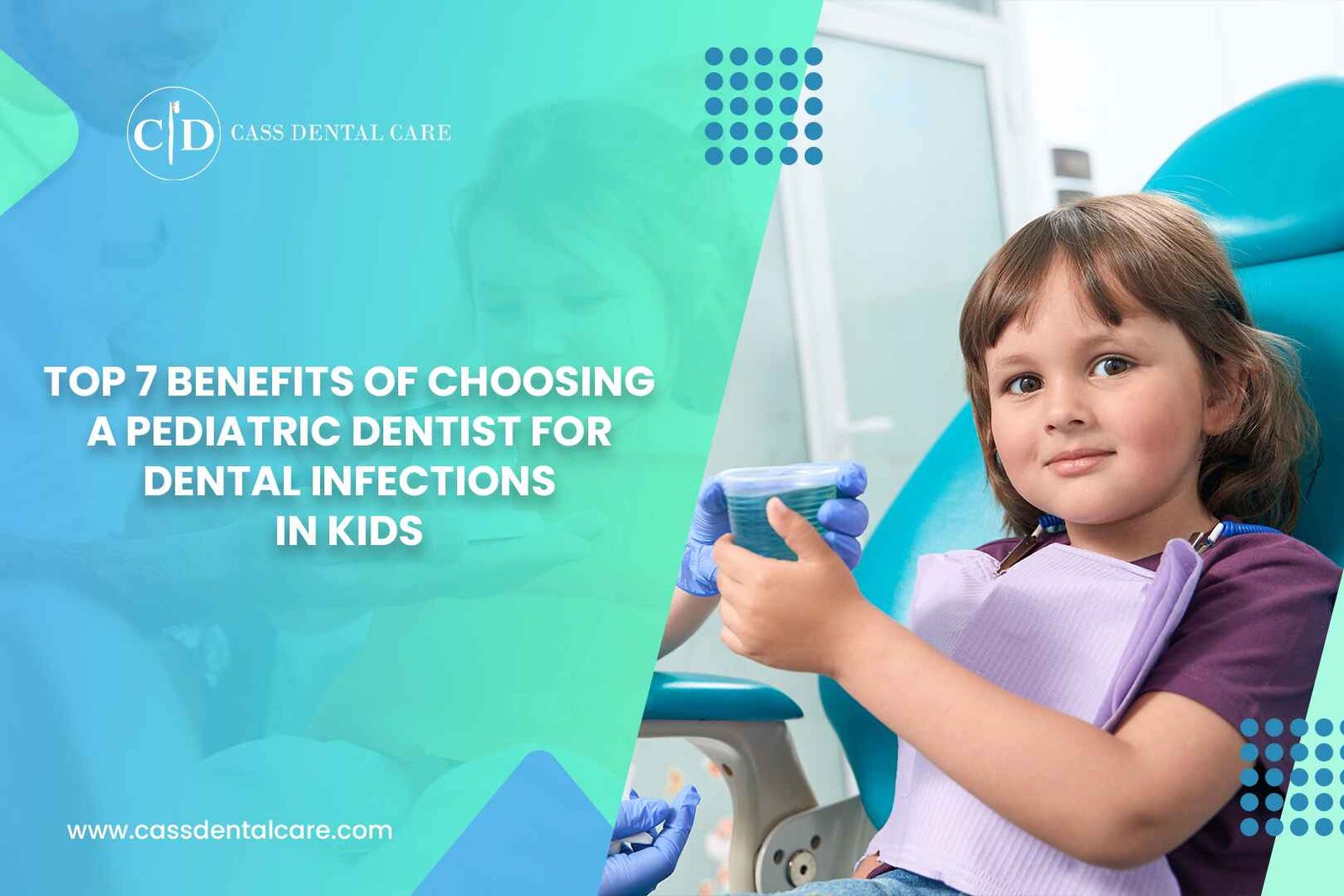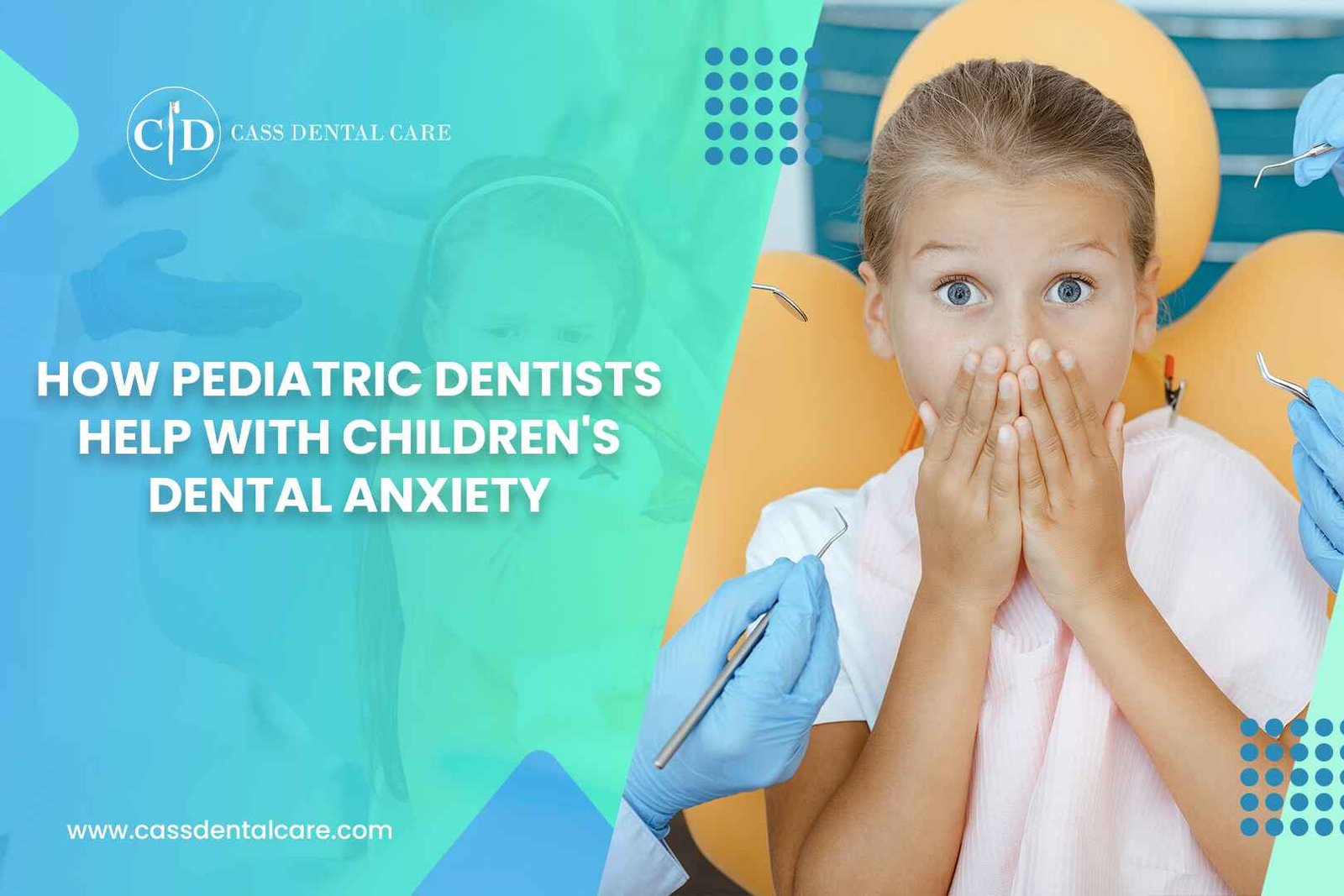Baby teeth are temporary; however, they play a crucial role in strengthening the adult teeth. Parents often get so busy taking care of the baby’s nutrients that they forget that their teeth play the main role in getting more nutrients into their bodies.
This is why many babies face tooth decay and cavities at an early age. Therefore, it is crucial to take proper care of the baby’s teeth from the beginning before it gets too late.
In this blog post, we’ll see the role of primary teeth and some factors that make baby teeth more important than you think.
The Role of Primary Teeth in a Child’s Development
-
Speech Development
Have you ever been exposed to the speech of a child missing two front teeth? If so, then you are aware of the significant impact of a person’s dental health on their speech ability. The same holds for teeth that are appropriately aligned. Possessing healthy, appropriately spaced, and reasonably aligned teeth significantly enhances the capacity to articulate words and communicate clearly, even in infants.
-
Proper Chewing and Eating
The dentition of an infant is critically important for his or her health and well-being. Numerous foods are initially digested in the pharynx. Chewing facilitates the digestion of food by reducing its size to a digestible level.
When children experience oral discomfort due to conditions such as cavities, ulcers, unstable teeth, or painful gums, they might consume only foods that cause the least discomfort to their mouth. As a result, they might forego the consumption of numerous nutritious foods. When a child’s diet includes various food textures, the gums are stimulated and exercised, and the teeth are cleaned.
-
Muscle and Jaw Bone Development
Sucking and gnawing afford an infant the chance to engage in motor activities that stimulate the facial, tongue, and jaw muscles. Insufficiently developed mandible muscles may impede the proper formation of the jawbones. As previously stated, offering a diverse range of food textures presents a remarkable opportunity to foster the development of robust mandibles and muscles.
The Importance of Baby Teeth
- Eating: Your child can chew food with baby teeth and learn to do it right as they grow. Toothaches from cavities can make it hard for kids to eat properly, making them unable to get enough nutrients.
- Speech: Having baby teeth and putting them in the right place helps ensure you pronounce words correctly when you talk. That’s very important when your child is first learning to talk.
- Adult Teeth Alignment: Most of the time, a baby tooth stays in your child’s mouth until an adult tooth comes in replacement. Permanent teeth grow under baby teeth until they are ready to break through the gums. As a reserve, the baby tooth makes room for the adult teeth to come in straight.
- The tooth is lost for any reason: Cavities, accidents, or genetics—it leaves a space. This could cause other teeth to move around and the adult teeth to be twisted.
- Child self-esteem: Kids are aware of how they look. A child will feel less confident if they have crooked teeth, bad smell from mouth germs, or ugly teeth with lots of fillings. This might make them want to avoid smiling, being in pictures, or doing things with other people. Your child’s whole attitude can be affected by crooked or bad teeth.
- Kids with healthy teeth grow up with healthy teeth: Bitter foods, drinks, and acidic snacks hurt baby teeth the most. This damage can lead to pain and sickness. The outside of each tooth is made of enamel, the hardest substance in the body. Cavities happen when bacteria in these acids eat away at the enamel.
- Tooth cavities can form in baby teeth: When baby teeth get cavities or abscesses that are big, they become a breeding ground for germs that can stop adult teeth from coming in. If you don’t take care of your child’s baby teeth, their adult teeth will always be more likely to get cavities and other dental problems.
How Do Cavities Start To Form In Baby Teeth?
Common germs in our mouths can damage the enamel, the shiny top layer of our teeth, leading to cavities. The bacteria get their food from the sugars left over from food and drinks. It does this by making acids that attack tooth enamel. This makes tooth rot possible.
Even the sugars naturally found in breast milk can wear down teeth. Kids’ teeth start falling out around age 6, but what happens before then will affect their long-term tooth health. It has been found that a child’s food and oral care habits when they are babies and toddlers lower their chance of tooth decay as they get older.
When should you take the kid to the dentist?
When your child’s first tooth comes in, it’s time for an initial visit to the dentist. It is a great time to learn more about taking care of your child’s teeth and what you’ll need to do as they age.
Over time, your dentist can help you set up a healthy routine for your whole family. For example, he or she can show you how to teach little ones to brush and floss and help you find the right mouthguards for your kids’ sports.
Schedule Your Kid’s First Dental Appointment at Cass Dental Care Today!
At Cass Dental Care, we have a Child Specialist, Dr. Neel Goyal, and his team, who provide a proper treatment plan for individual kids’ dental care, including Pediatric Dentistry in Darien. From guidelines on how to take proper care from the beginning, ensuring your kid has healthy teeth for a lifetime.





